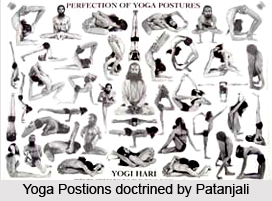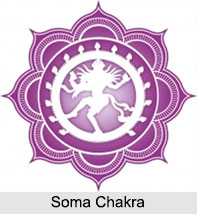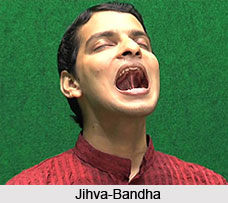 The te pratiprasavaheyah siiksmah sutra defines about the elusive adversities and the ways to curb them. The afflictions can be gross, or both, however, they can be eliminated by strict meditation. Though they look dormant from the surface, it does not need much time to erupt forth. They are in high need to be curbed, otherwise they might give rise to sadder conditions.
The te pratiprasavaheyah siiksmah sutra defines about the elusive adversities and the ways to curb them. The afflictions can be gross, or both, however, they can be eliminated by strict meditation. Though they look dormant from the surface, it does not need much time to erupt forth. They are in high need to be curbed, otherwise they might give rise to sadder conditions.
te these
prati in opposition, against
prasava procreation, generation (prati prasava = involution)
heyah to abandon, desert, relinquish, emit, renounce, abstain
suksmah subtle, minute, delicate
Subtle afflictions are to be minimised and eradicated by a process of involution.
Afflictions may be gross or subtle; both must be neutralised and eliminated, quietened at their very rootage.
The five adversities - ignorance, egoism, lust, malice and attachment to life (11.3) appear gross (sthula) on the surface, but their subtle nature may be either latent or highly lively, or may alternate between the two (11.4). Meditation helps to exterminate them.
The subtle afflictions start with attachment to life, travel in the reverse order, contrary to spiritual evolution of n.3 and end with the gross affliction, ignorance. Subtle afflictions need to be overcome before they lead to sorrier trouble.
Now the question that arises is that, how exactly does one overcome them. If a seed becomes seared, it cannot sprout; so one must render an affliction infertile by tracing it back to its source. The mother of subtle afflictions is the mind, whose movements should be directed towards the seer by the yogic process of involution (prati prasava). In this manner, subtle afflictions are crushed and an un-polarised state of pure knowledge is chanced upon.



